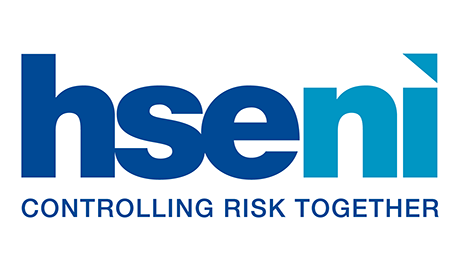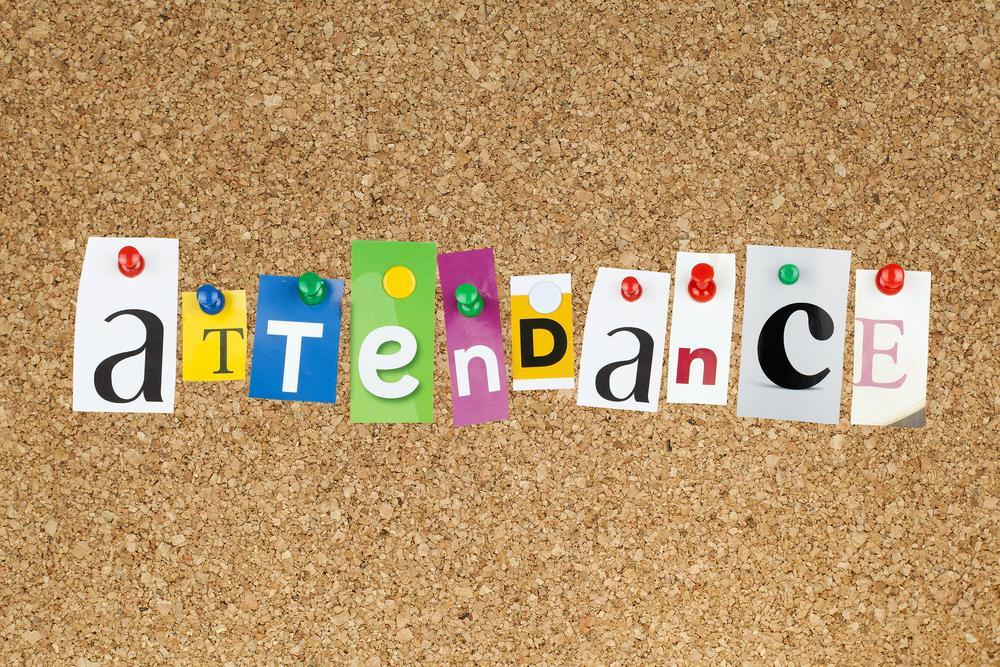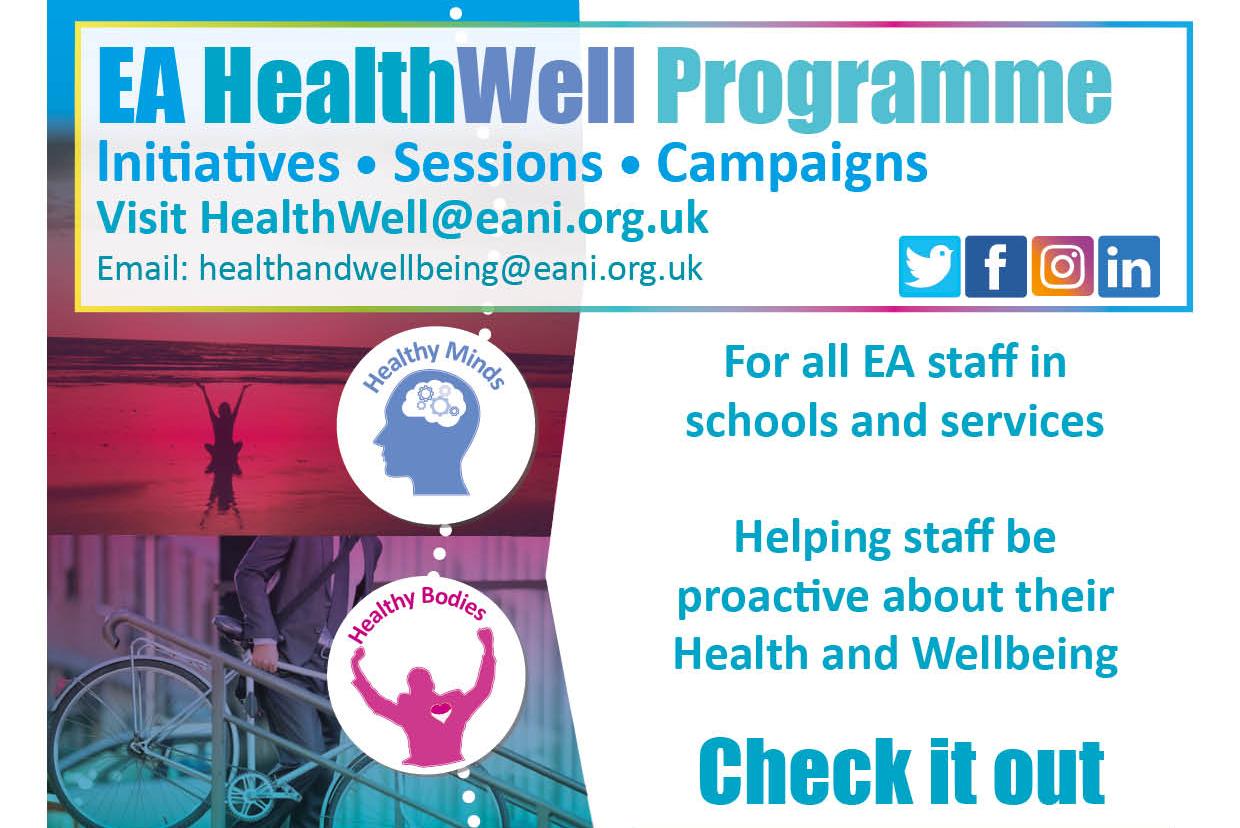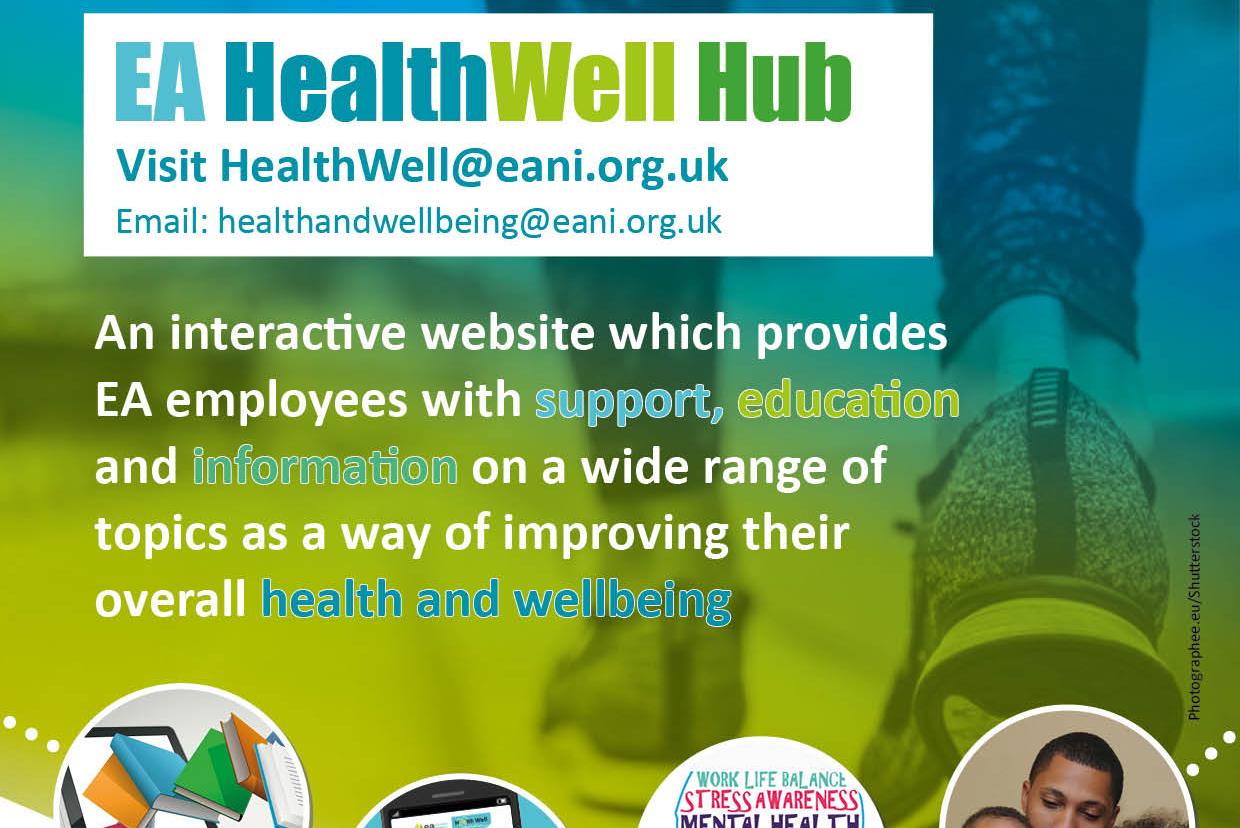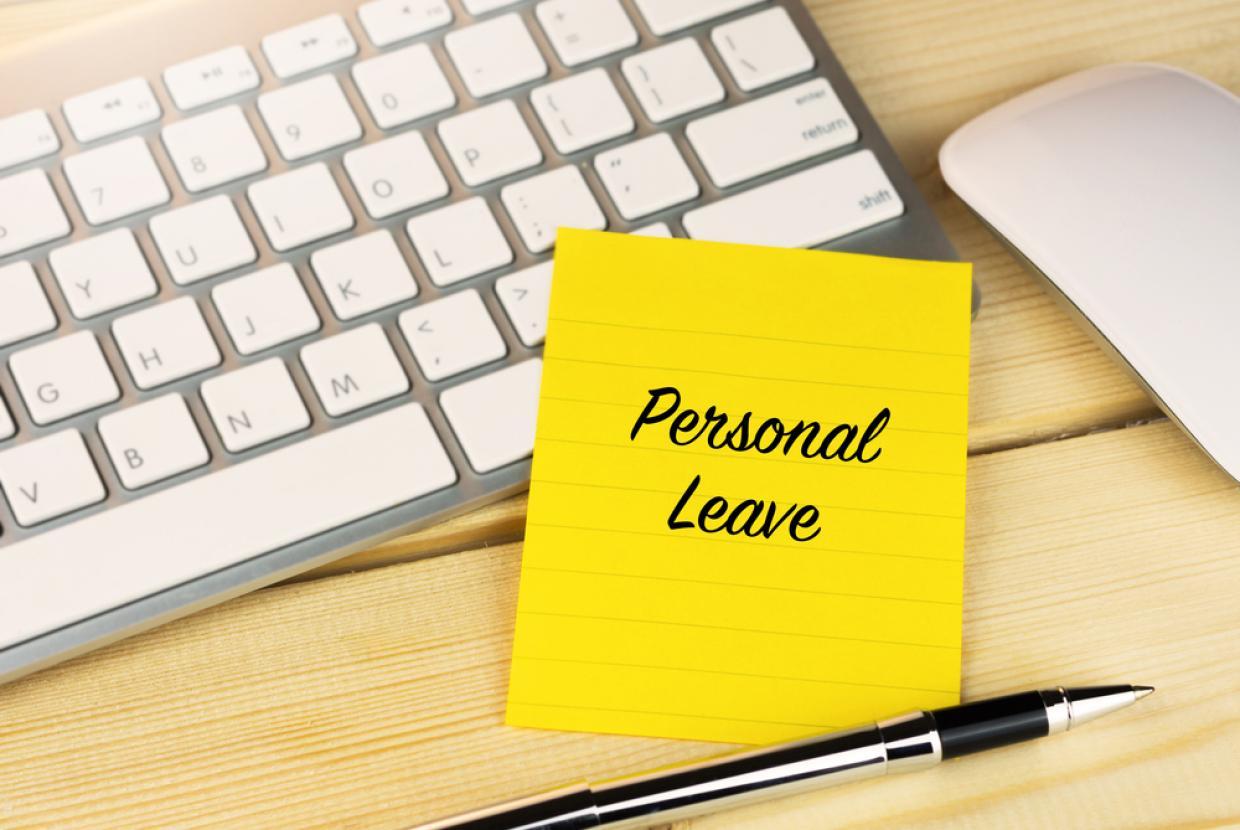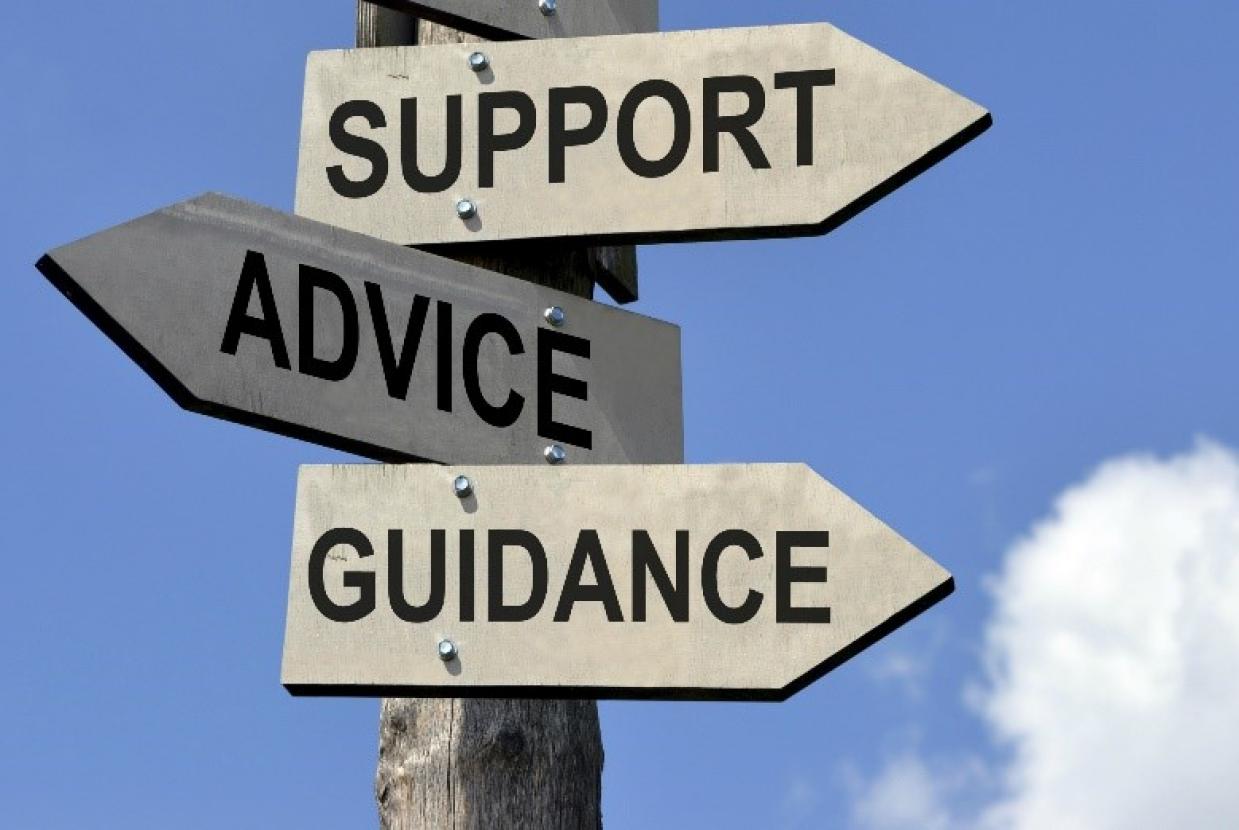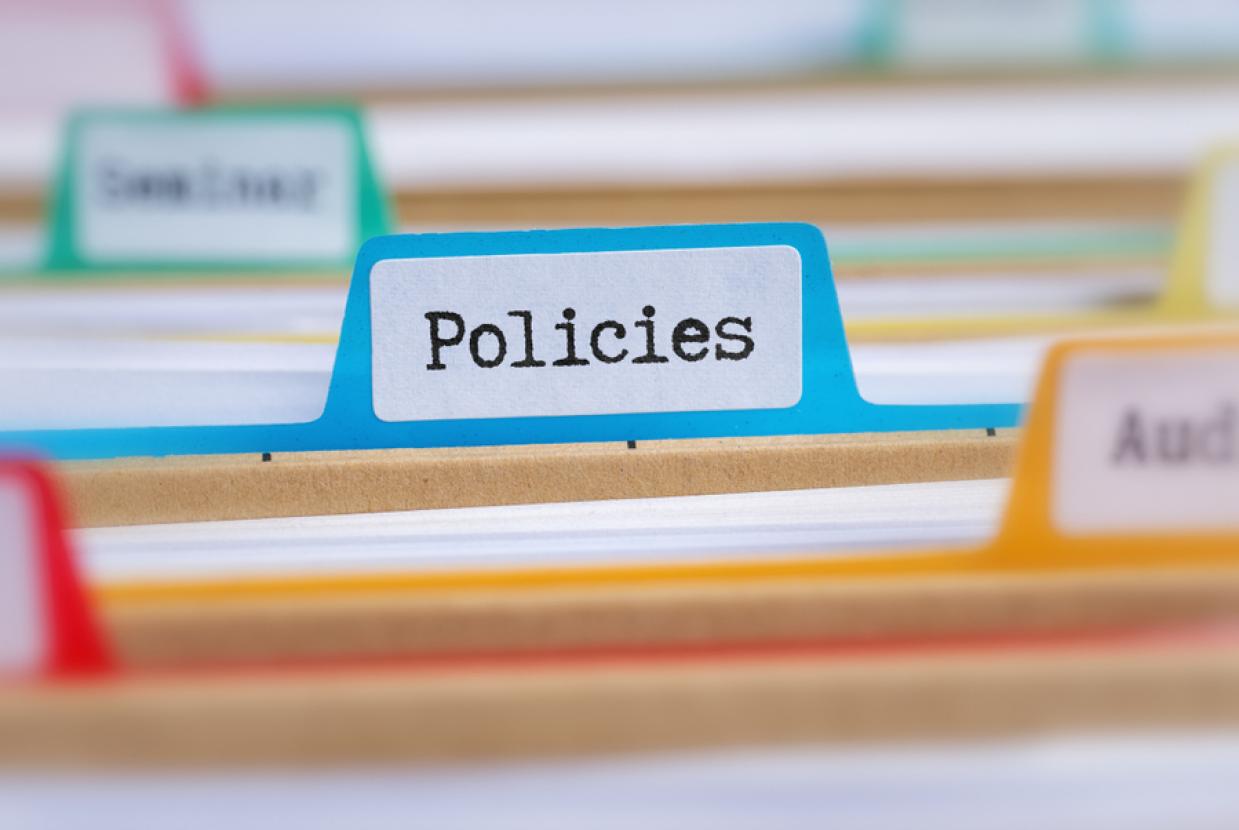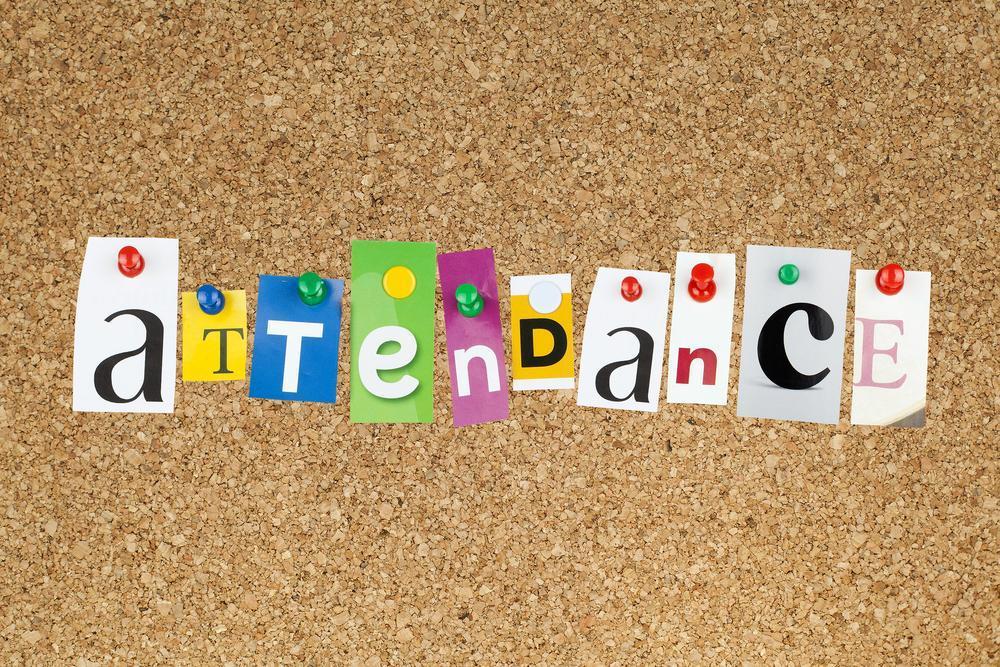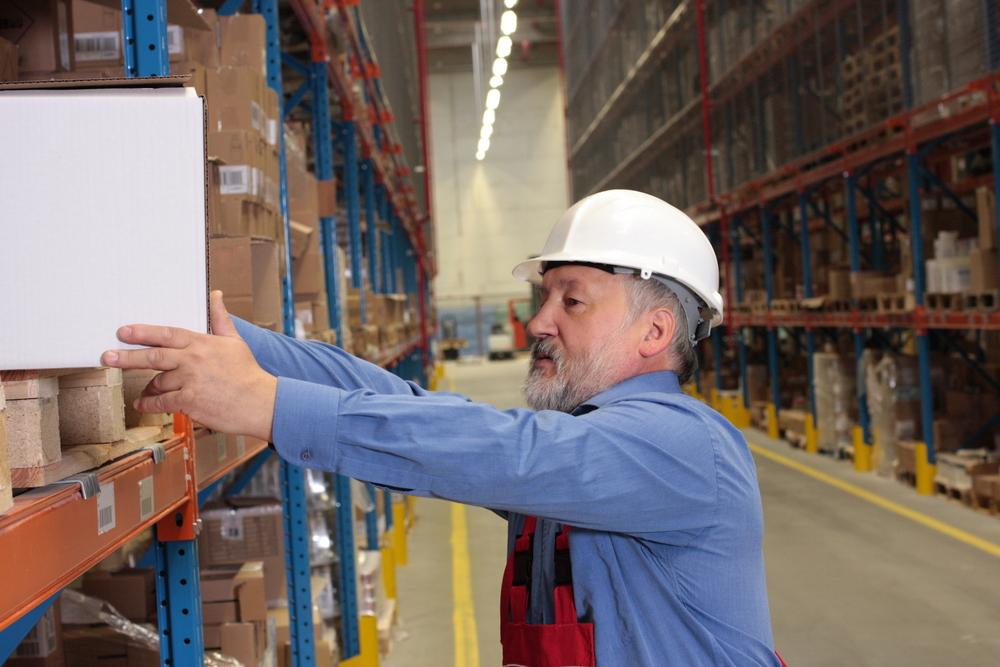What Is Work-Related Stress?
Stress can hit anyone at any level of the business and recent research shows that work-related stress is widespread and is not confined to particular sectors, jobs or industries.
HSE's formal definition of work-related stress is: "The adverse reaction people have to excessive pressures or other types of demand placed on them at work."
Stress is not an illness – it is a state. However, if stress becomes too excessive and prolonged, mental and physical illness may develop.
There is a difference between pressure and stress. Pressure can be positive and a motivating factor, and is often essential in a job. It can help us achieve our goals and perform better. Stress occurs when this pressure becomes excessive. Stress is a natural reaction to too much pressure.
Work-related stress
Well-designed, organised and managed work is good for us but when insufficient attention to job design, work organisation and management has taken place, it can result in work-related stress.
Work-related stress develops because a person is unable to cope with the demands being placed on them. Stress, including work-related stress, can be a significant cause of illness and is known to be linked with high levels of sickness absence, staff turnover and other issues such as more errors.
Stress can hit anyone at any level of the business and recent research shows that work related stress is widespread and is not confined to particular sectors, jobs or industries. That is why a population-wide approach is necessary to tackle it.
HSE has developed the management standards approach to tackling work-related stress; these standards represent a set of conditions that, if present, reflect a high level of health, wellbeing and organisational performance.
This approach helps those who have key roles in promoting organisational and individual health and well-being to develop systems to prevent illness resulting from stress.
Balancing demands and pressures with skills and knowledge
A person experiences stress when they perceive that the demands of their work are greater than their ability to cope.
Coping means balancing the demands and pressures placed on you (the job requirements) with your skills and knowledge (your capabilities).
For example, if you give a member of your team a tight deadline on a project they feel they have neither the skills nor ability to do well, they may begin to feel undue pressure which could result in work-related stress.
Stress can also result from having too few demands, as people will become bored, feel undervalued and lack recognition. If they feel they have little or no say over the work they do or how they do it, this may cause them stress.
For more information, visit - www.hseni.gov.uk.
Useful resources
Articles & Videos
Upcoming Events
- ‹ previous
- 1
- 2


